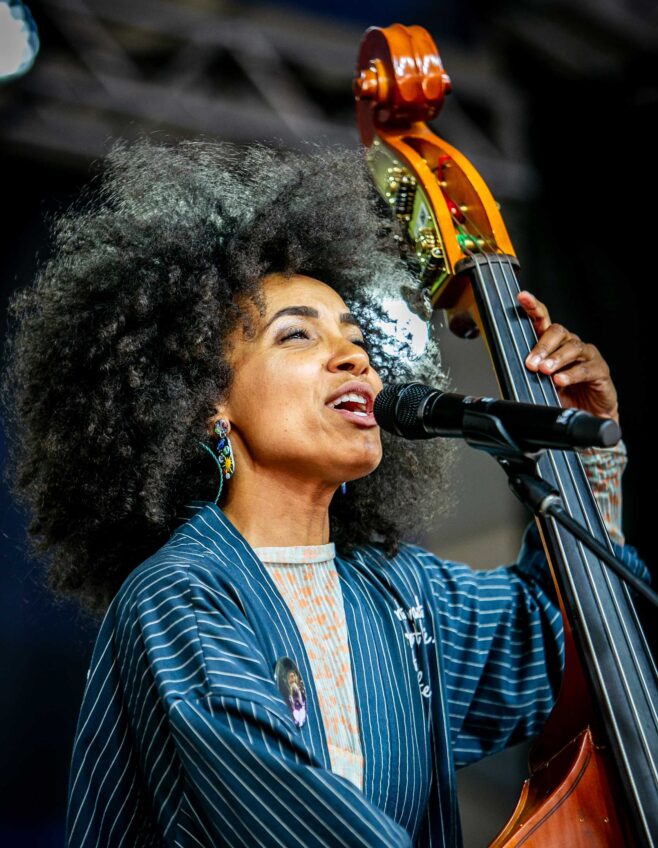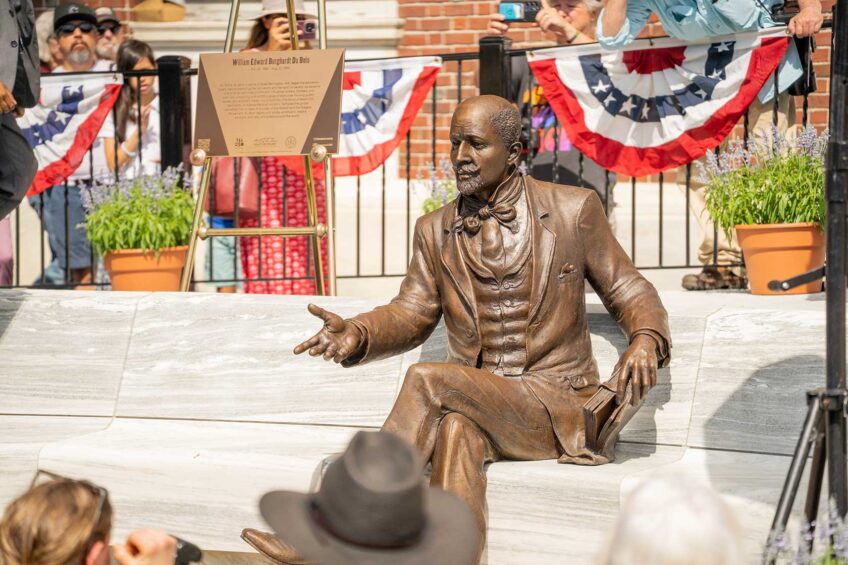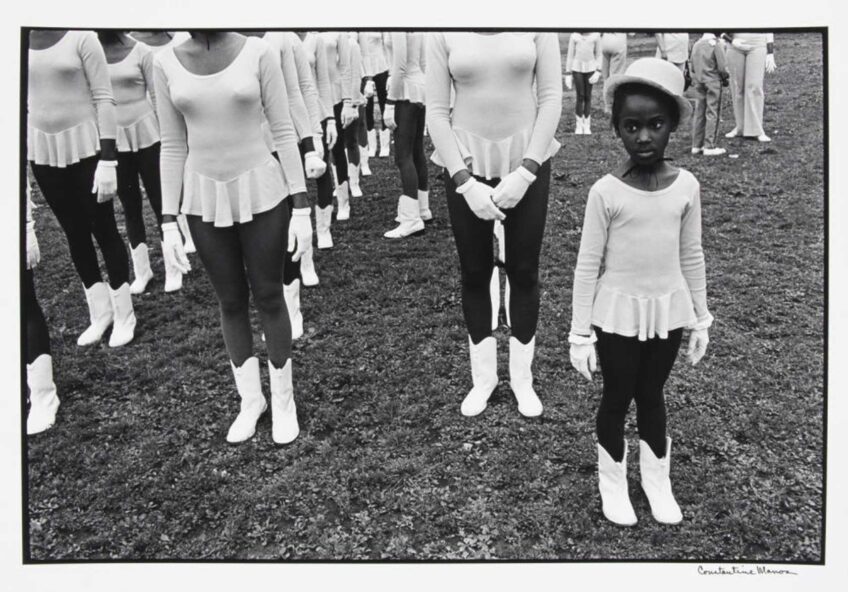‘This Is Who I Am’ virtual play speaks to isolation, online connectivity

Amir Nizar Zuabi’s play “This Is Who I Am” was made for 2020. In the show, an estranged father and son cook and talk during a Zoom call, getting to know each other again while preparing a family recipe. PlayCo and Woolly Mammoth Theatre Company present the timely and moving production Dec. 5 through Jan. 3 in association with American Repertory Theater at Harvard University, the Guthrie Theater and Oregon Shakespeare Festival. Tickets for the show start at $15.99 for a single viewer and $30.99 for a household.
“This Is Who I Am” is streamed live with the actors cooking and performing in real time. The father is in Ramallah and the son is in New York City. Haltingly, they work to bridge the emotional and physical gap between them. “This Is Who I Am” provides insight into the cultural nuances of the Palestinian characters while exploring the near-universal experiences of isolation and online connectivity during the COVID-19 pandemic.
Playwright Zuabi drew inspiration from his experiences on video calls when he left home. “Of the big frustrations is that we’re very close, and I can look at people’s houses and feel very intimate with them, but at the same time we’re deprived of our sensory ability and are separated by two walls of glass,” he says. “But if two people are both cooking the same dish, at least the smells are similar and the noises might be happening at the same time, so suddenly we are creating a mutual world.”
In the same way, a mutual theatrical world is created with the audience as they sit in on this Zoom call and experience this family’s emotions. The intimacy of a virtual production, seeing into the actors’ homes, viewing their emotions and reactions up close in a way you never could on stage, packs a powerful punch in this show.
Food and cooking were part of Zuabi’s vision for the play from the beginning. The theme not only creates a sense of closeness between the two characters, played by Ramsey Faragallah and Yousof Sultani, it alludes to the deep family ties of a traditional recipe and to the kitchen as the epicenter of many households. Grief was also a component of Zuabi’s writing process. He is experiencing the ongoing grieving process around losing his parents a few years ago, and at the same time, many people across the globe are grieving for losses from the coronavirus.
“This play for me is about grief and the way we negotiate it,” says Zuabi. “It’s about distance and how we negotiate it. It’s about manhood and how we negotiate it. And it’s about love and how it negotiates us.”








